The secret of the Qing harem is far from the movies, the audience is surprised because they have been deceived for so long
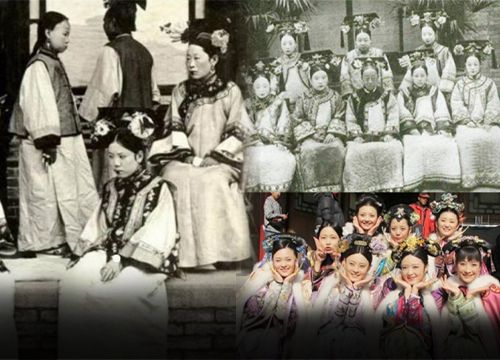
1 | 0 Discuss | Share
According to the book "Dai Nam Chinh Bien Chronicle", after the great victory over the invading Qing army, King Quang Trung returned to Phu Xuan and promoted Princess Ngoc Han to the title of Queen Bac Cung.
After that, Princess Ngoc Han enjoyed years filled with happiness with her heroic husband. She gave birth to two children, a daughter named Nguyen Thi Ngoc Bao (born in 1788) and a son named Nguyen Quang Duc (born in 1790). However, that period of happiness for her did not last long.
In September 1792, Quang Trung suddenly passed away. At that time, Princess Ngoc Han was only 22 years old, with two children, one aged 4 and the other aged 2, but she had become a widow. She lived alone, missing her husband. The endless grief gradually drained her of all her energy. Seven years later (in 1799), Ngoc Han passed away at the age of 29. Two years later (1801), Nguyen Anh attacked Phu Xuan, and King Quang Toan abandoned the capital and fled to Bac Ha. Ngoc Han's two children, who were still young at that time, were also captured.
A French officer named Barizy followed Nguyen Anh to Phu Xuan and went to the prison where the children of King Quang Trung were imprisoned and described it in his letter written on July 16, 1801 as follows:... They were in a slightly dark room, with a total of 5 princesses, one 16 years old, in my opinion a beautiful girl, a 12 year old girl who was the daughter of the Princess of Tonkin (Ngoc Han), this girl was also acceptable... In addition, there were 3 boys, one of whom was about 16 years old with brown skin but an ordinary face. The other boy was about 12 years old, the son of the Princess of Tonkin, with a very lovely appearance and very cute gestures.
Thus, both the son and daughter of Princess Ngoc Han were captured when Nguyen Anh attacked and occupied Phu Xuan in May 1801 and were then killed in November 1801. According to the book "Dai Nam Thuc Luc Chinh Bien", they were two of the "enemy's sons, daughters, relatives and generals, 31 people were all cut into pieces".
After Gia Long unified the country, Mrs. Chieu Nghi Nguyen Thi Huyen (Ngoc Han's mother) who was still alive, asked a trusted person to secretly go to Phu Xuan to move the remains of Ngoc Han and her three children back to their hometown in Nanh village, namely Phu Ninh, Dong Ngan, Bac Ninh (now Ninh Hiep, Gia Lam, Hanoi). The graves of Princess Ngoc Han and her three children were buried at Cay Dai beach (also known as Dau Voi beach) in Phu Ninh village. In front of the grave, there was a temple built.
In the second year of King Thieu Tri's reign (1842), due to conflicts between two families, a person from Phu Ninh village went to the capital Phu Xuan to denounce the worship of Princess Ngoc Han. When the incident was discovered, King Thieu Tri sent people to destroy the temple and dig up the remains of Ngoc Han and her three children.
In the book "Dai Nam Thuc Luc Chinh Bien" there is a section recording this event as follows: The original person from that commune was Nguyen Thi Huyen, a palace maid of King Le Hien Tong, had a daughter named Ngoc Han who married the traitor Hue, gave birth to a son and a daughter. Ngoc Han died, the son and daughter both died young. Around the first years of King Gia Long, a traitor admiral named Hai secretly brought the remains of Ngoc Han and her mother from Phu Xuan to bury them illegally in Phu Ninh commune. Thi Hai secretly built a tomb, erected a temple, carved a fake stele, and changed the names to hide the traces. At this point, the matter was discovered, the king ordered the temple to be destroyed and the traitor's remains to be dug up.
Thus, a princess of perfect beauty and talent, married a great hero and had a life that seemed to be extremely happy, but the ending was tragic, not even her bones could rest in peace.
Since ancient times, the ancients had the proverb: "Hồng nhân Ä‘a bạc mệnh" or "Hồng nhân bất mệnh" and other synonymous phrases such as "Mà hồng mệnh thân", "mà hồng truáºn sá»±"... The meaning of this proverb is to say that beautiful women living in feudal society were often heavily oppressed and suffered a lot of pain. And the suffering of beautiful young women in ancient times was often caused by their own beauty. However, with Princess Ngoc Han, it was not like that at all, but due to the selfishness, narrow-mindedness and blind revenge of the Nguyen feudal court.
From a talented, intelligent, virtuous princess to a benevolent, shrewd queen, despite her short life, Queen Le Ngoc Han became a historical figure, a cultural celebrity of the nation. With a sharp, precise political vision, understanding of the times, she made important contributions to Nguyen Hue in important national affairs. However, the greatest and most lasting career of Le Ngoc Han is the immortal work she left to posterity. Her poem "Ai tu van" is so sorrowful, poignant, touching, it has become a gem in the treasure of classical Vietnamese literature. And on the occasion of this year's International Women's Day - 2015, this article would like to be a stick of incense to express the admiration of posterity for Princess Le Ngoc Han - Queen Bac Cung - a talented and beautiful daughter of Thang Long land, the worthy wife of the national hero Quang Trung - Nguyen Hue.
Ly Chieu Hoang - the first and only queen of Vietnam and a tragic life 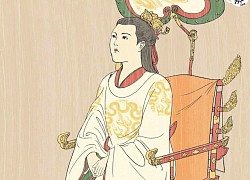 Hoàng Anh15:12:44 01/06/2022Throughout the history of Vietnam, there are only things that are unknown to posterity, but not something that cannot happen. 4000 years of building the country to defend the country, some people become heroes for thousands of generations, some people embrace the grief of losing...
Hoàng Anh15:12:44 01/06/2022Throughout the history of Vietnam, there are only things that are unknown to posterity, but not something that cannot happen. 4000 years of building the country to defend the country, some people become heroes for thousands of generations, some people embrace the grief of losing...

1 | 0 Discuss | Share
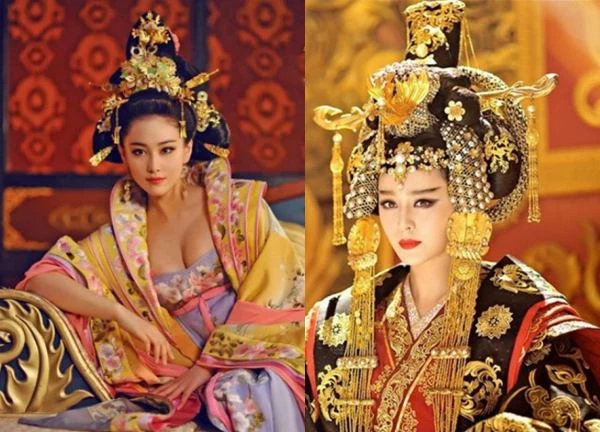
3 | 1 Discuss | Share
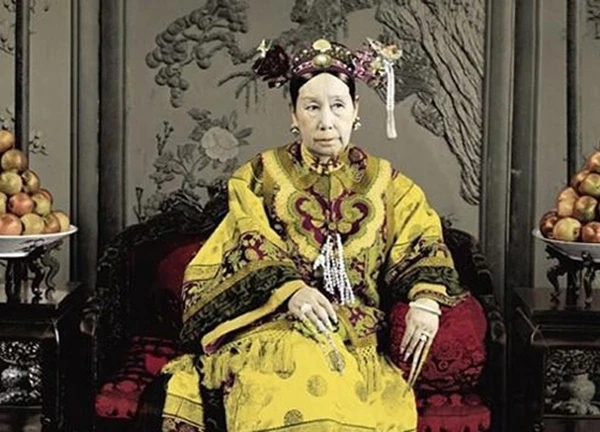
20 | 1 Discuss | Share
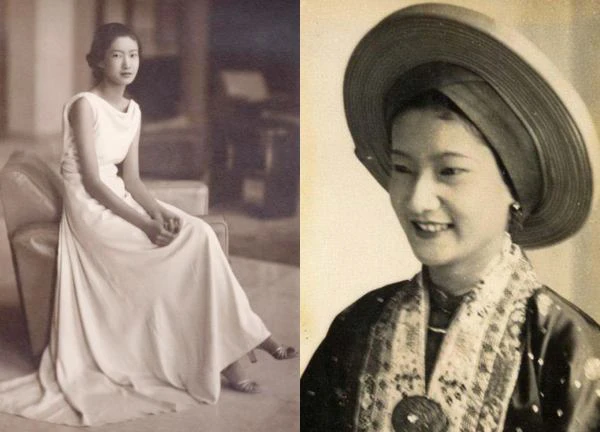
2 | 1 Discuss | Share

2 | 1 Discuss | Share

1 | 1 Discuss | Share
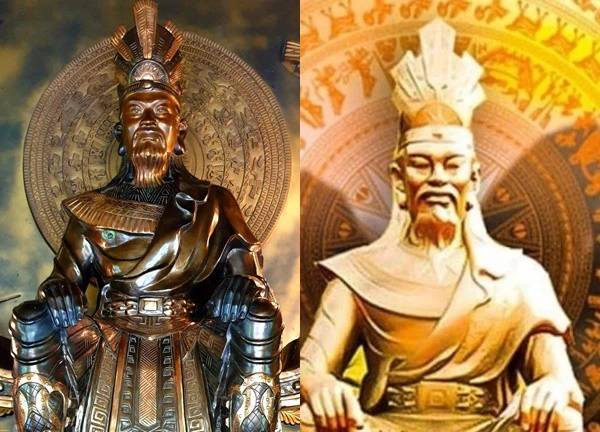
3 | 1 Discuss | Share

1 | 1 Discuss | Share
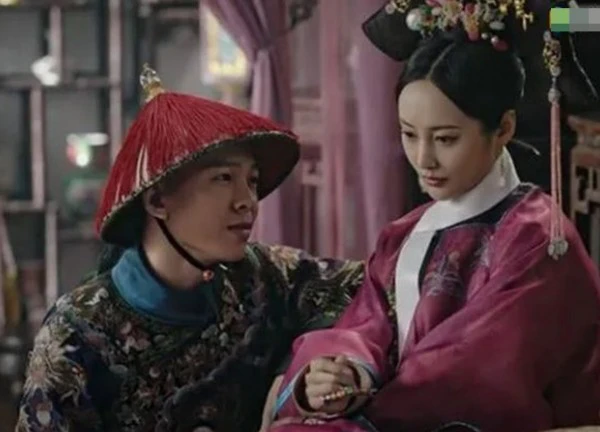
1 | 1 Discuss | Share
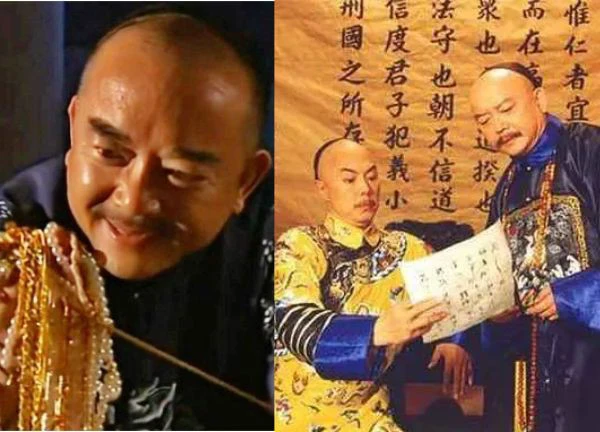
4 | 1 Discuss | Share
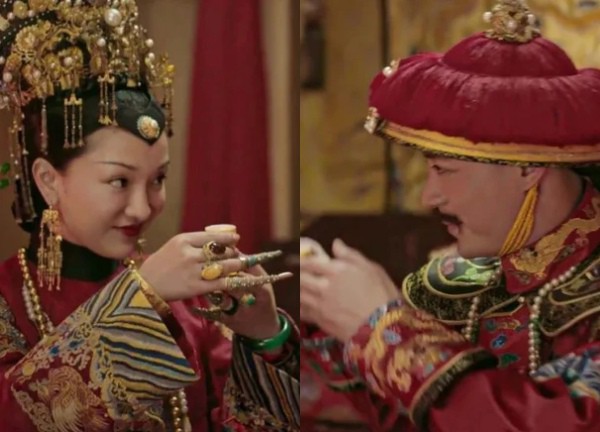
3 | 1 Discuss | Share
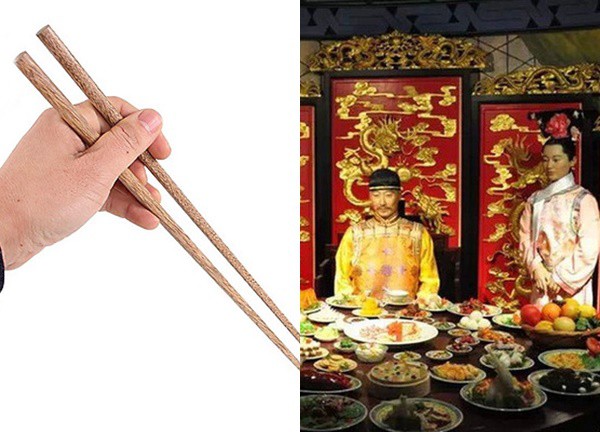
2 | 1 Discuss | Share







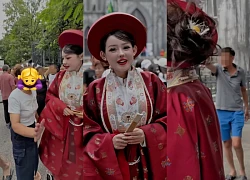


1 | 1 Discuss | Report